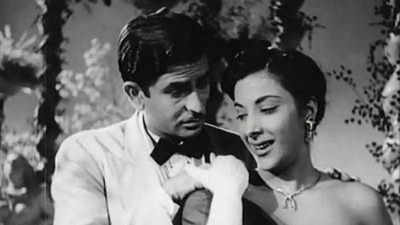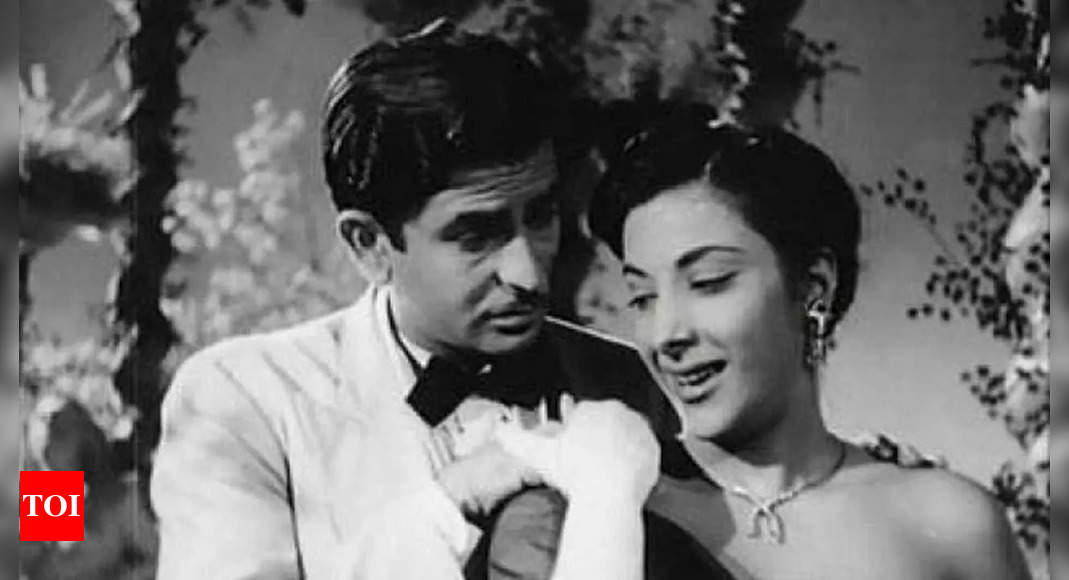
Imagine a scene at a Moscow airport in the 1950s: a car lifted onto the shoulders of thousands of cheering fans, all for one man – Raj Kapoor. The legendary Bollywood actor-director’s charm transcended borders, making him a household name in Soviet Russia.
In 1954, Raj Kapoor arrived in Moscow without a visa, yet the Soviet authorities welcomed him with open arms, a testament to his unmatched popularity. This adoration was cemented by the release of his 1951 classic Awaara in the USSR. Premiering in Soviet theaters three years after its Indian release, Awaara captured the imagination of millions.
The film sold an astounding 64 million ticketsranking as the third most-watched foreign film in Soviet history. Kapoor’s portrayal of a resilient, romantic everyman resonated deeply with Soviet audiences, especially in the post-World War II era. His character embodied hope, resilience, and the pursuit of justice – values that mirrored the Soviet zeitgeist.
Ranbir Kapoor’s Special Gesture For PM Modi: Presents Him A Cherished Keepsake Of Raj Kapoor
Beyond cinema, Raj Kapoor became a cultural ambassador, strengthening the ties between India and the Soviet Union. His songs, like “Awaara Hoon,” were sung across the USSR, and his films were celebrated not just as entertainment but as symbols of human connection.
From Moscow to Georgia, Raj Kapoor wasn’t merely an actor; he was a bridge between cultures, a beacon of optimism, and a reminder of cinema’s universal language. His legacy in the USSR remains a unique chapter in Bollywood’s history, reflecting the unparalleled power of art to transcend borders.
The cast of Raj Kapoor’s Awaara (1951) featured Raj Kapoor himself as the lead, alongside Nargis in a memorable role as the female lead. Other key cast members included Prithviraj Kapoor as the judge (and Raj Kapoor’s father in the film), Leela Mishra as the mother, and K. N. Singh as the antagonist. The film is celebrated for its stellar performances and timeless on-screen chemistry between Raj Kapoor and Nargis.
